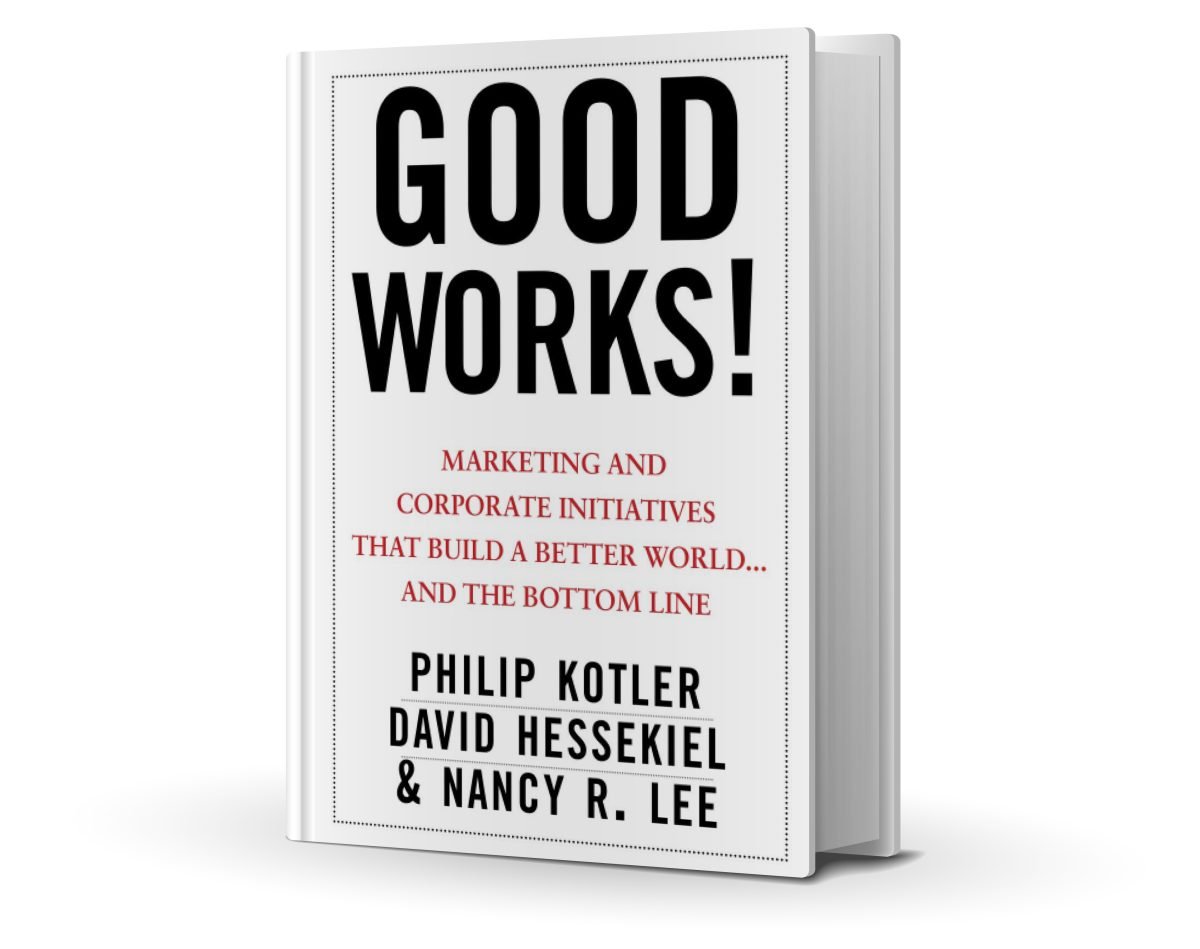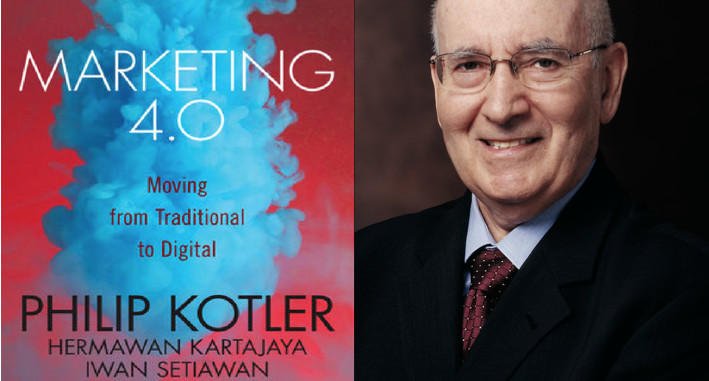In the modern world, the value of knowledge and qualifications is often emphasized as the primary route to success. However, there exists a paradox where individuals with less knowledge and fewer qualifications can sometimes dominate those with more extensive knowledge and higher qualifications. This phenomenon can be attributed to various psychological, social, and strategic factors that highlight the power of not knowing.
1. The Confidence of Uncertainty
One of the key factors behind the influence of those with less knowledge is the confidence that often accompanies ignorance. Known as the Dunning-Kruger effect, this psychological phenomenon explains how people with limited knowledge or competence in a domain tend to overestimate their abilities. This overconfidence can make individuals more decisive and assertive, qualities that are often mistaken for competence and leadership.
For example, in corporate settings, an individual who confidently asserts their ideas, even if they lack deep knowledge, can sway opinions and drive decisions. Their apparent certainty can overshadow the cautious, evidence-based approaches of more knowledgeable colleagues, leading to their ideas being adopted more readily.
2. The Power of Persuasion
Influence is not solely about what you know but also about how you communicate. People with less technical knowledge often develop superior communication and persuasion skills to compensate for their lack of expertise. They simplify complex ideas, making them accessible and compelling to a broader audience.
Politicians, for instance, often succeed not because they have the most comprehensive understanding of policy details but because they can articulate a vision in a way that resonates emotionally with people. Their ability to connect with others and inspire confidence can outweigh the importance of their actual knowledge.
3. Strategic Risk-Taking
Less knowledgeable individuals may be more willing to take risks that others with more knowledge might avoid due to their awareness of potential pitfalls. This boldness can lead to significant breakthroughs and innovations. While experts may be paralyzed by their understanding of constraints and challenges, those with less knowledge might pursue unconventional solutions with greater zeal.
Entrepreneurs often embody this trait. Many successful business founders did not have extensive formal education or qualifications related to their field. Instead, their willingness to leap into the unknown, driven by passion and a vision, allowed them to innovate and create successful ventures.
4. Fresh Perspectives and Creative Thinking
Sometimes, not knowing too much can be an advantage because it allows for fresh perspectives and out-of-the-box thinking. People with less specialized knowledge are not constrained by the conventional wisdom and established norms that experts adhere to. This can lead to creative problem-solving and innovative ideas.
Consider the tech industry, where young innovators without traditional qualifications have disrupted established markets. Their lack of entrenched views enables them to envision new possibilities and challenge the status quo, leading to groundbreaking advancements.
5. Delegation and Collaboration
Recognizing one’s own limitations can be a powerful tool for influence. Individuals who acknowledge their lack of knowledge are often better at delegating tasks and collaborating with experts. By surrounding themselves with knowledgeable people and leveraging their expertise, they can achieve greater success than if they tried to rely solely on their own knowledge.
Great leaders, from CEOs to political figures, often exemplify this trait. They may not be the most knowledgeable in every area, but their ability to build and lead a team of experts allows them to make informed decisions and drive impactful outcomes.
Conclusion
The power of not knowing is a multifaceted phenomenon that highlights how less knowledge and fewer qualifications do not necessarily equate to less influence or success. Confidence, persuasive communication, risk-taking, fresh perspectives, and effective collaboration are all factors that can enable individuals with less formal knowledge to dominate those with more extensive qualifications. Understanding and harnessing these dynamics can lead to greater innovation, leadership, and overall achievement in various fields.








